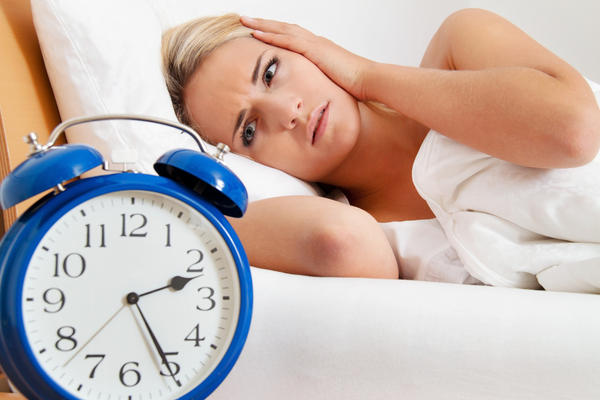Have you ever been so tired but could not sleep? So, you got distracted in doing other things instead of trying to go to bed and fix this problem?
Sleeping problems affect our daily lives, and sometimes, we run out of solutions in treating them. Well, there are a number of factors that affect our sleeping habits, consequently affecting our overall health. What are the do’s and don’t for a better sleep?
In a phone call interview with “greenarea.info”, Neurologist Dr. Halim Abboud said that “lack or sleep for long periods of time might cause heart diseases, high blood pressure, internal bleeding, severe headaches, migraines, or many other dangerous diseases”.
So what are the do’s and don’ts for a better sleep? Dr. Abboud lists few but extremely important habits to stick to.
The Do’s
In order to have a better sleep, the doctor advises you exercise regularly, stick to a healthy food diet, meditate, or register at a yoga class, and most importantly, solve the problems that are causing keeping you awake all night.
The Dont’s
On the other hand, you should not eat directly before going to bed, neither should you consume caffeine (coffee, cappuccino, and all drinks containing this substance). Vitamin C is a main reason you might stay awake, so stay away from it (This vitamin is found greens, oranges, citrus fruits, tomatoes, bell peppers, etc…).
Do not exercise at night, because you will find great difficulty going to sleep in that case, since sports decrease the body temperature. Likely, all activities that contribute in decreasing body temperature will not let you fall asleep.
Opposite to what many of us believed, a hot bath is not the reason we fall asleep, the doctor confirms. However, cold baths are good for a better sleep.
To Stay Healthy
Staying healthy is linked to a better sleep, a recent study by The University of California San Francisco confirmed.
According to the study, “The odds of catching a cold are 28 percent higher for those who sleep five or fewer hours a night”.
For other infections such as pneumonia and the flu, those with less sleep have more than 80 percent higher odds of getting an infection.
While researchers cannot confirm the exact reasons why lack of sleep increases susceptibility to infection, it has been confirmed that T-cells, a type of white blood cell that helps fight infection, do not operate as well when people are deprived of sleep.
Follow us on our Twitter account @greenareaen











